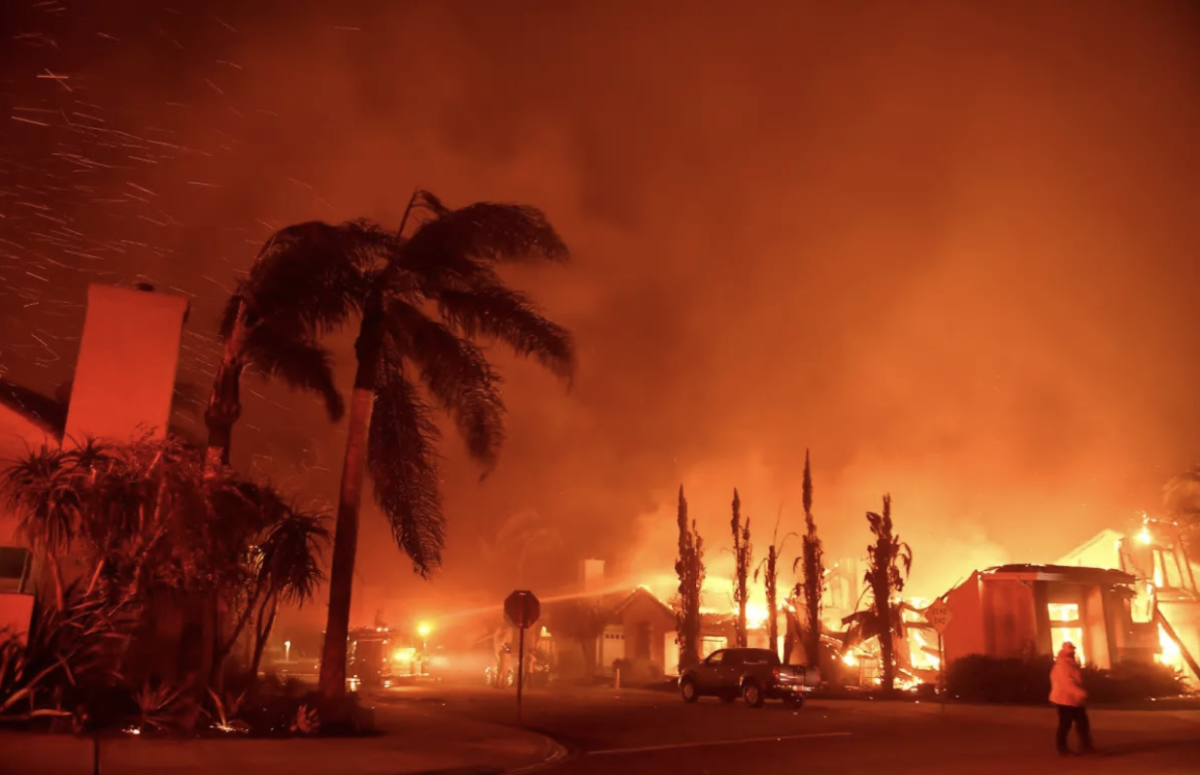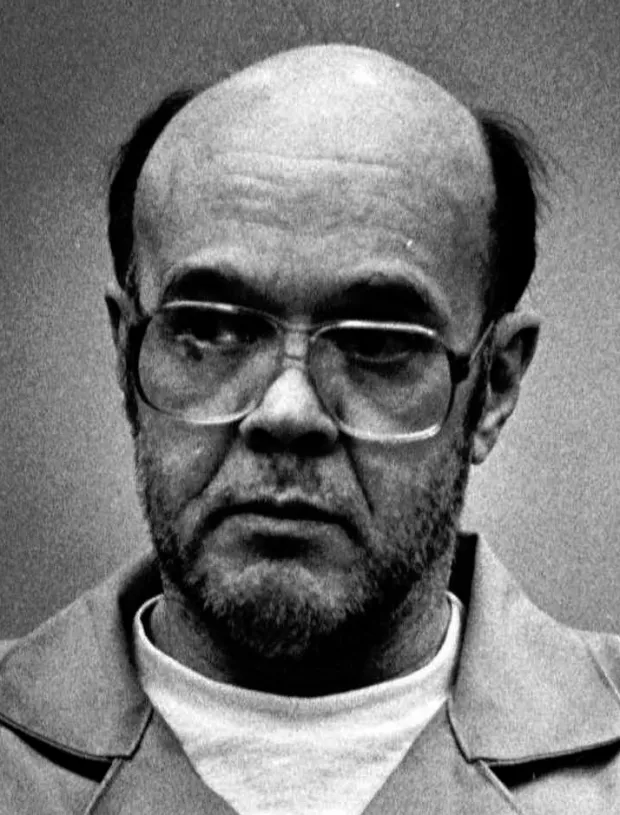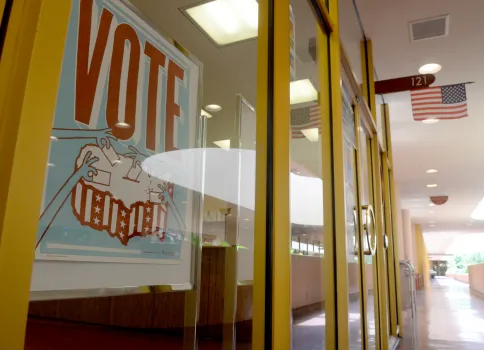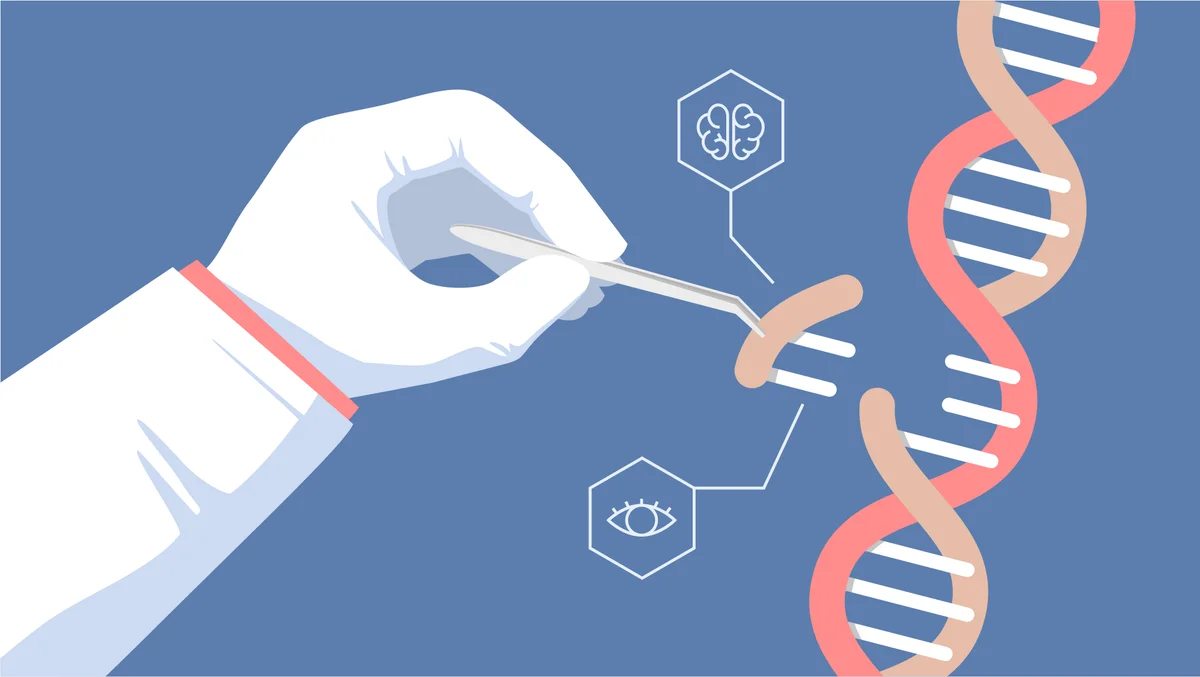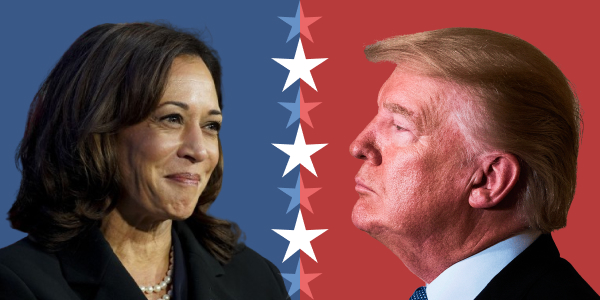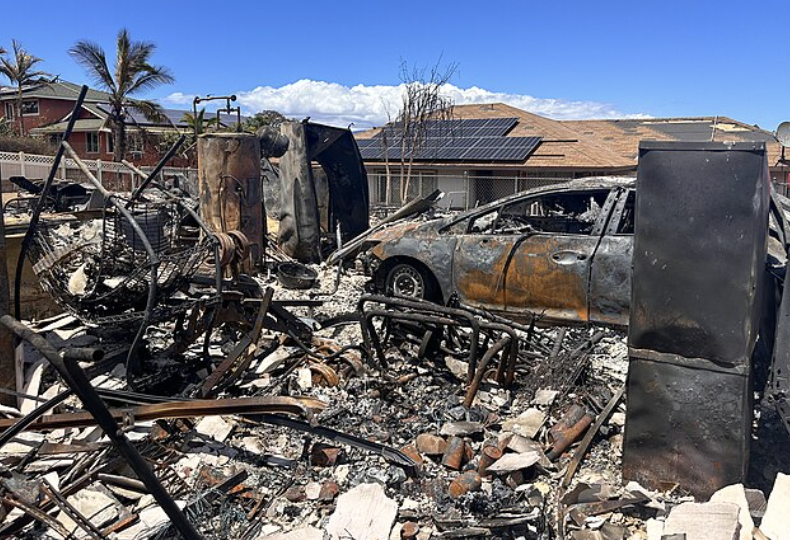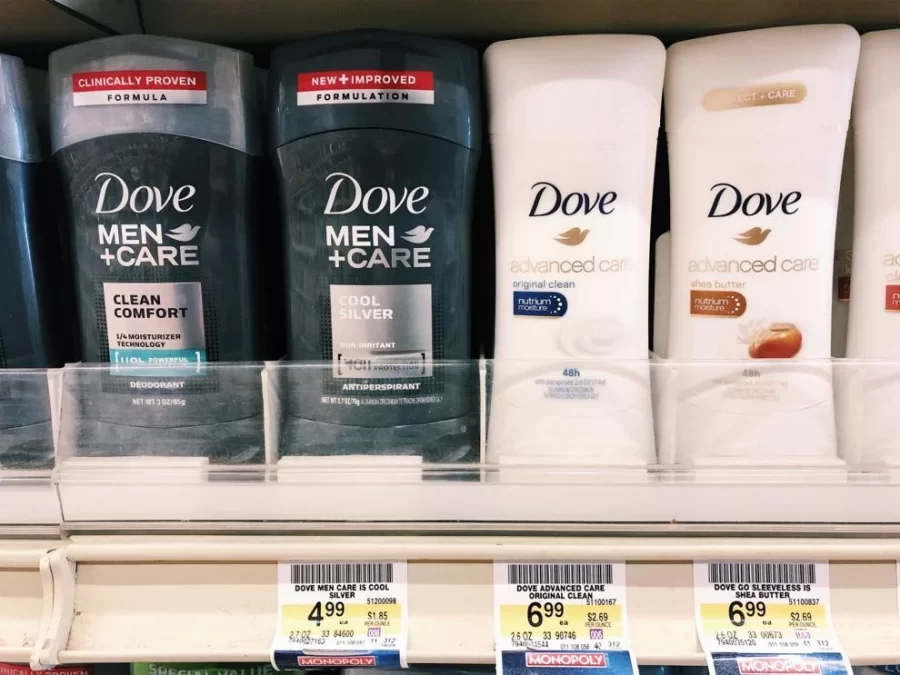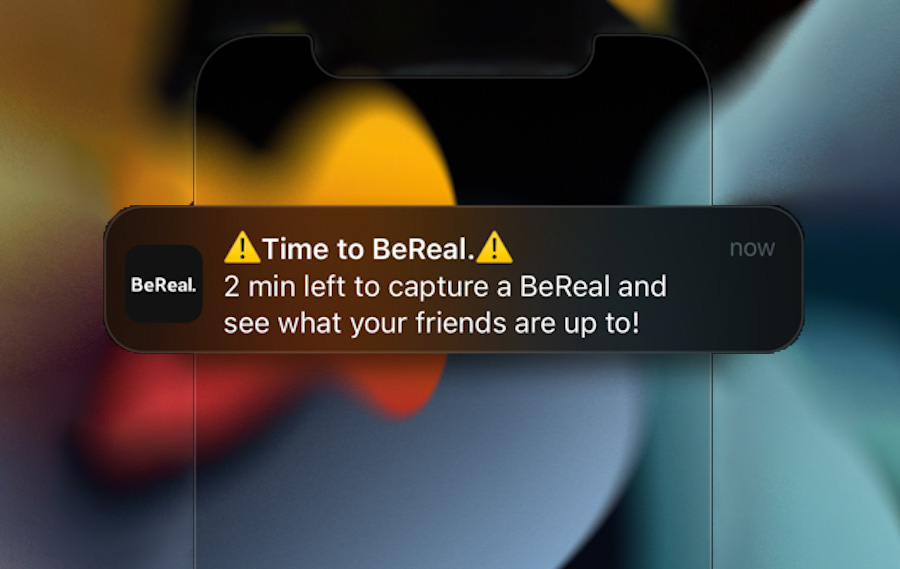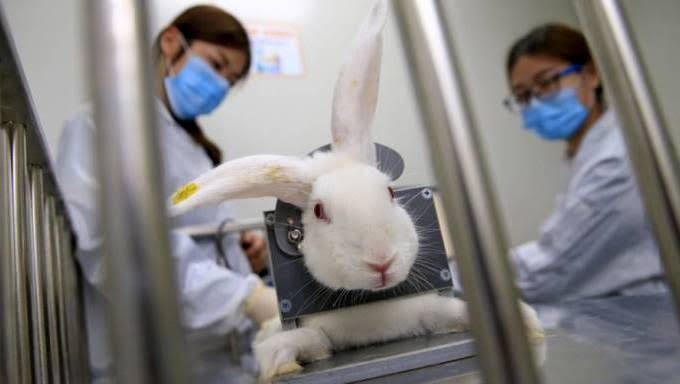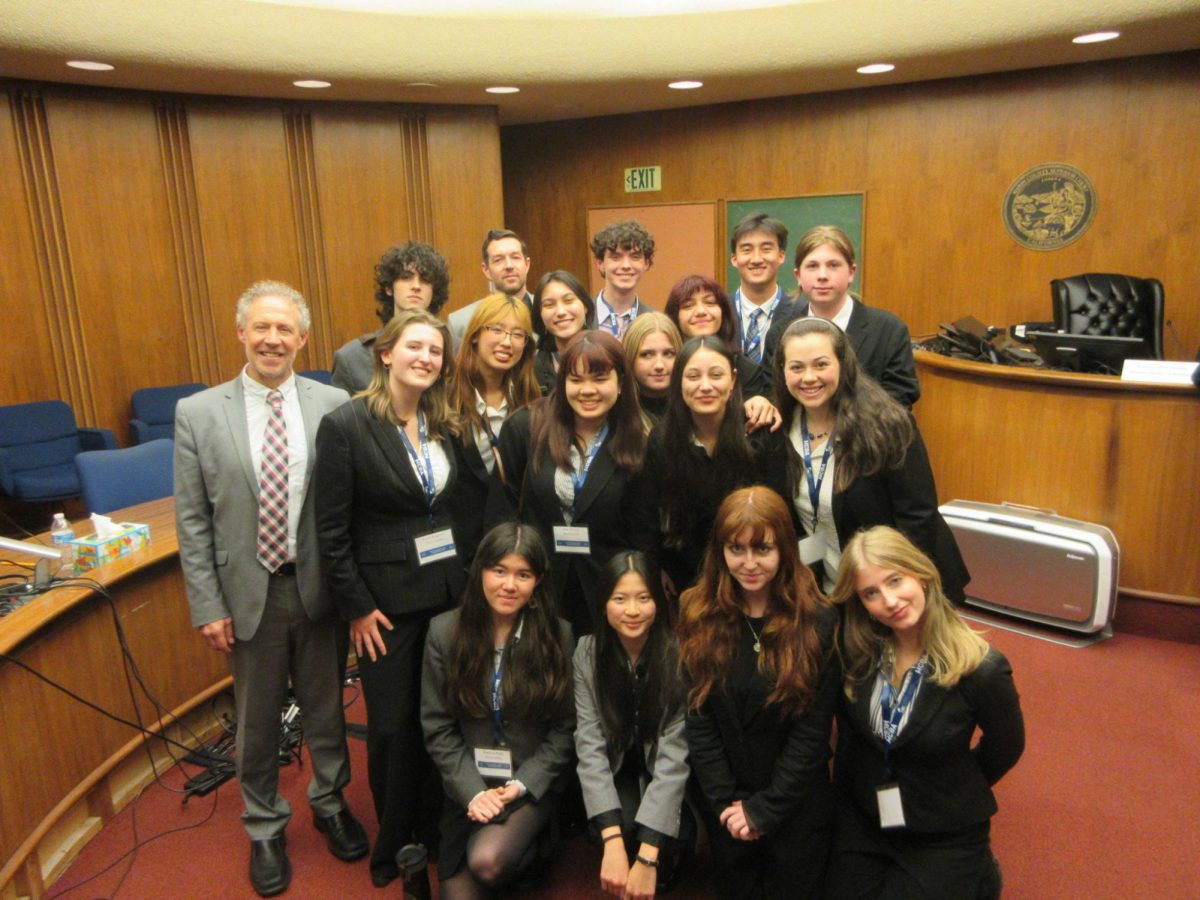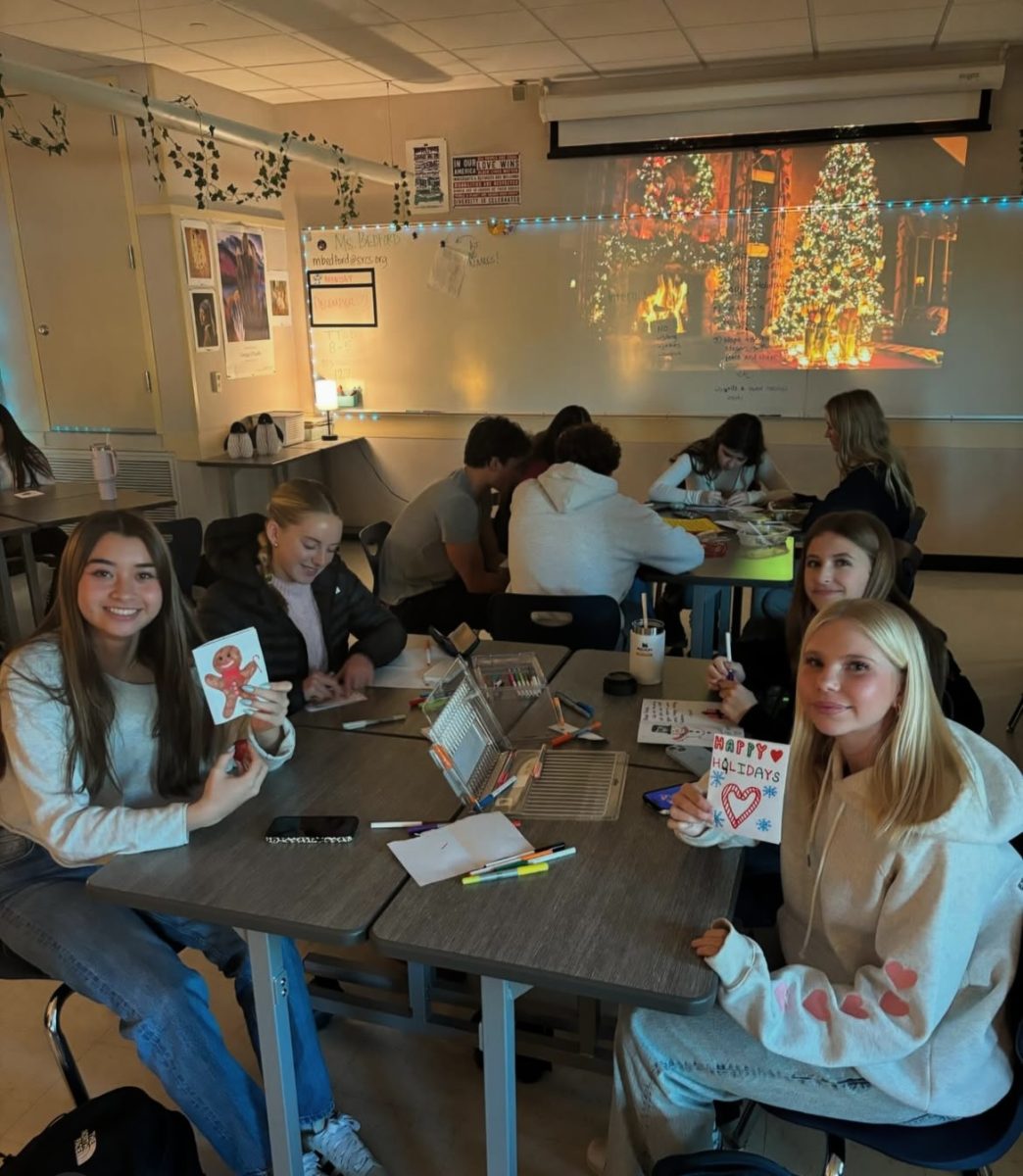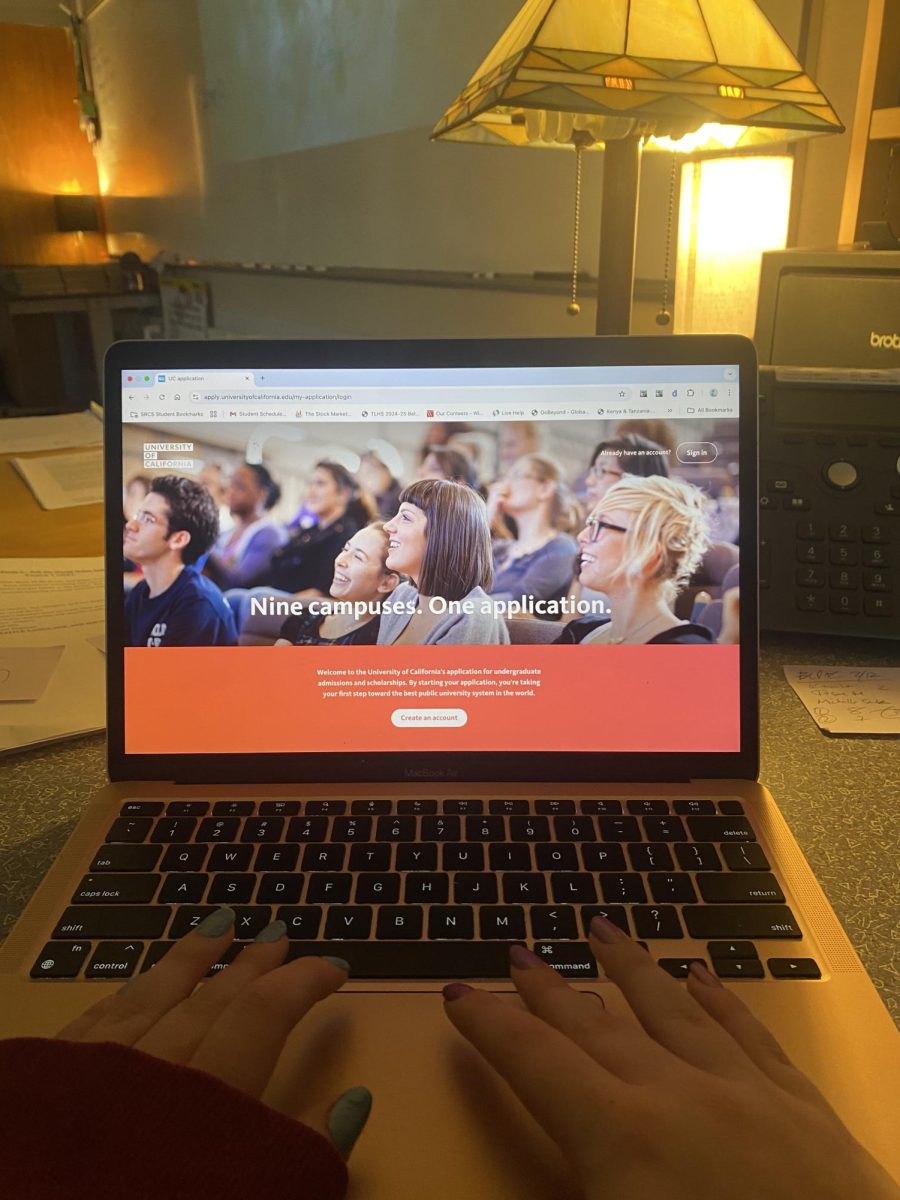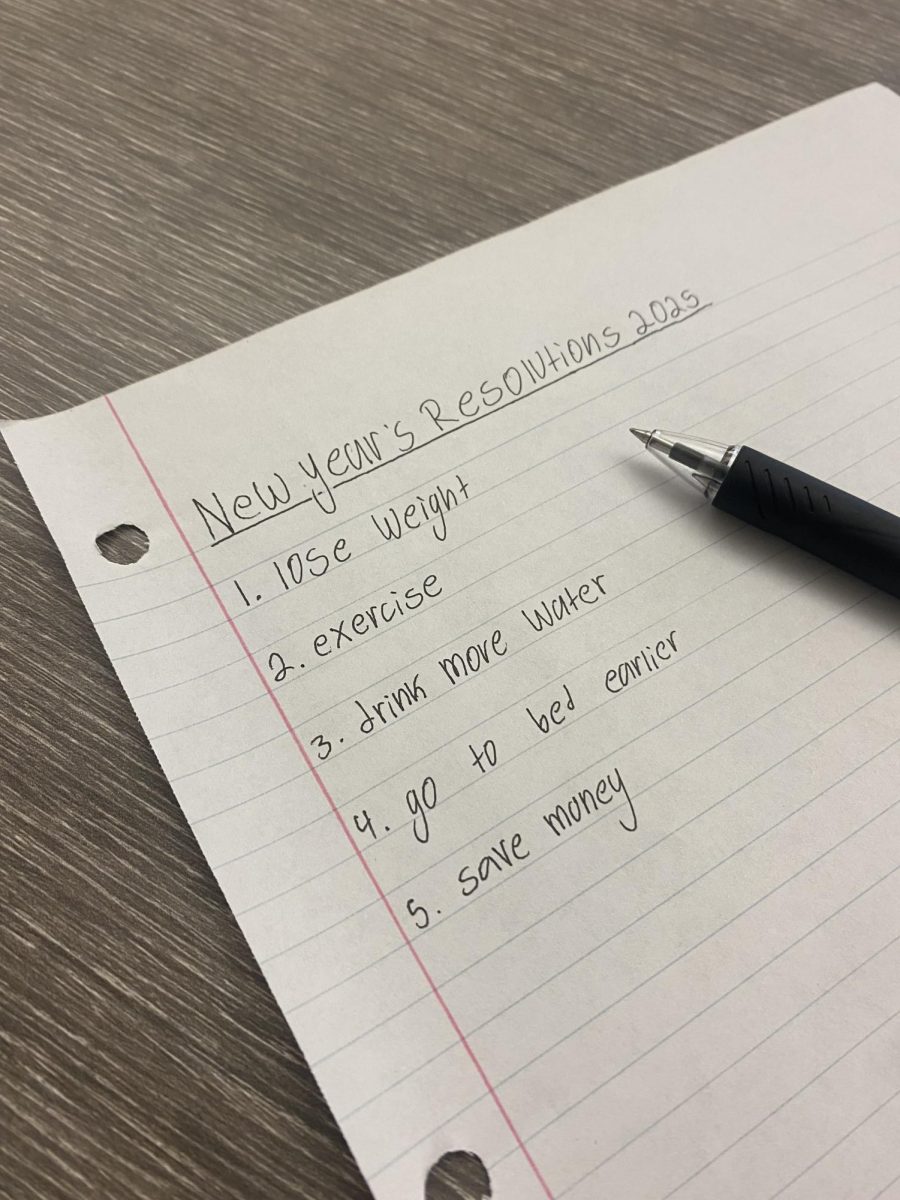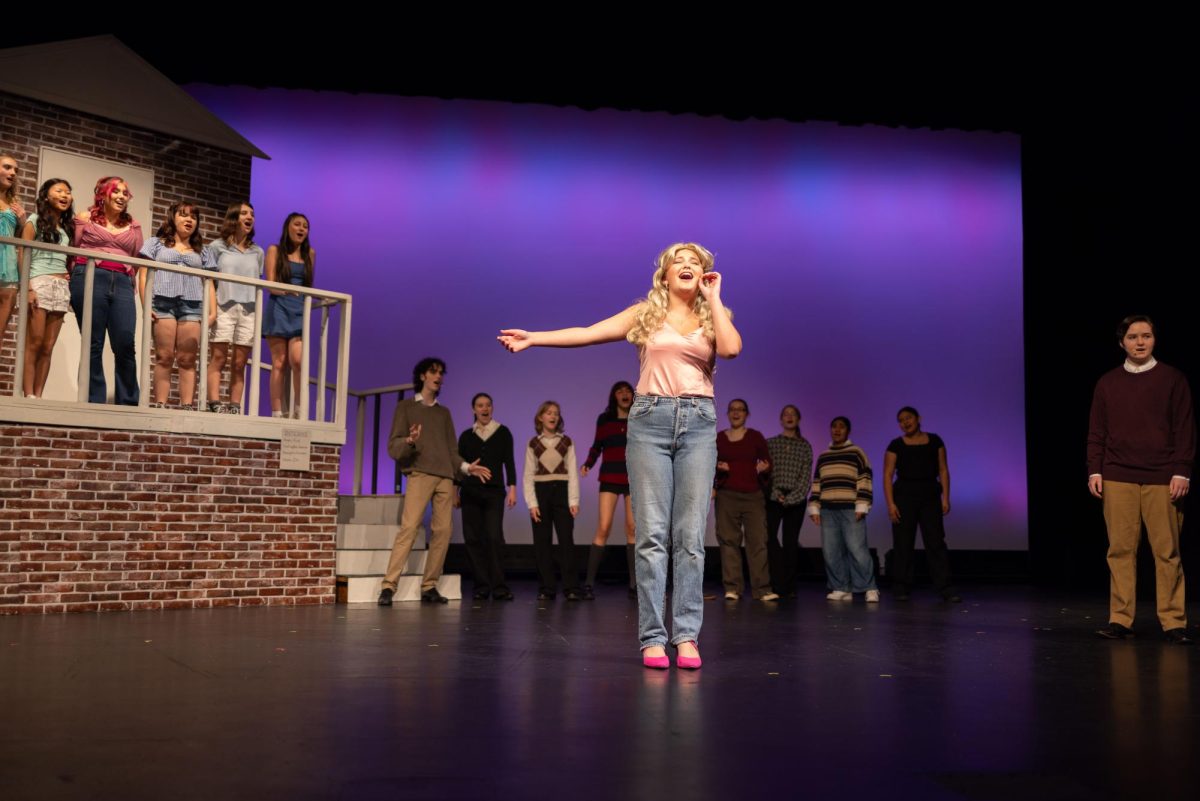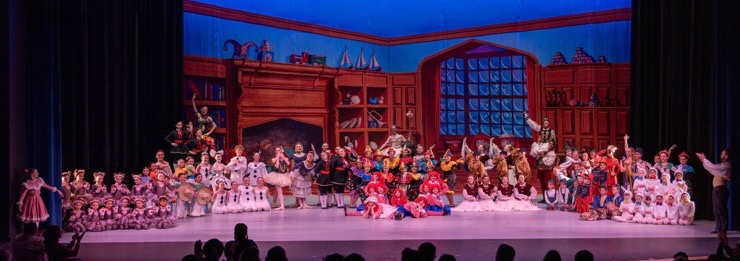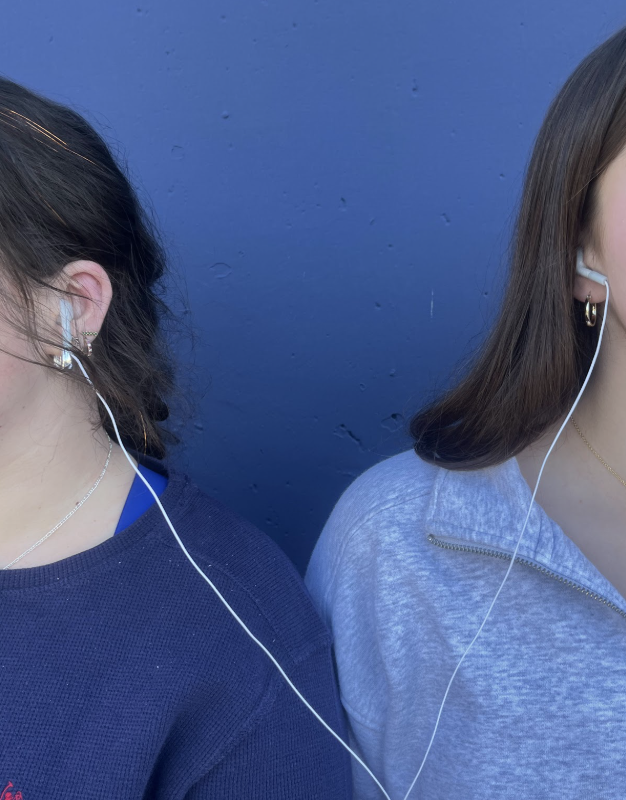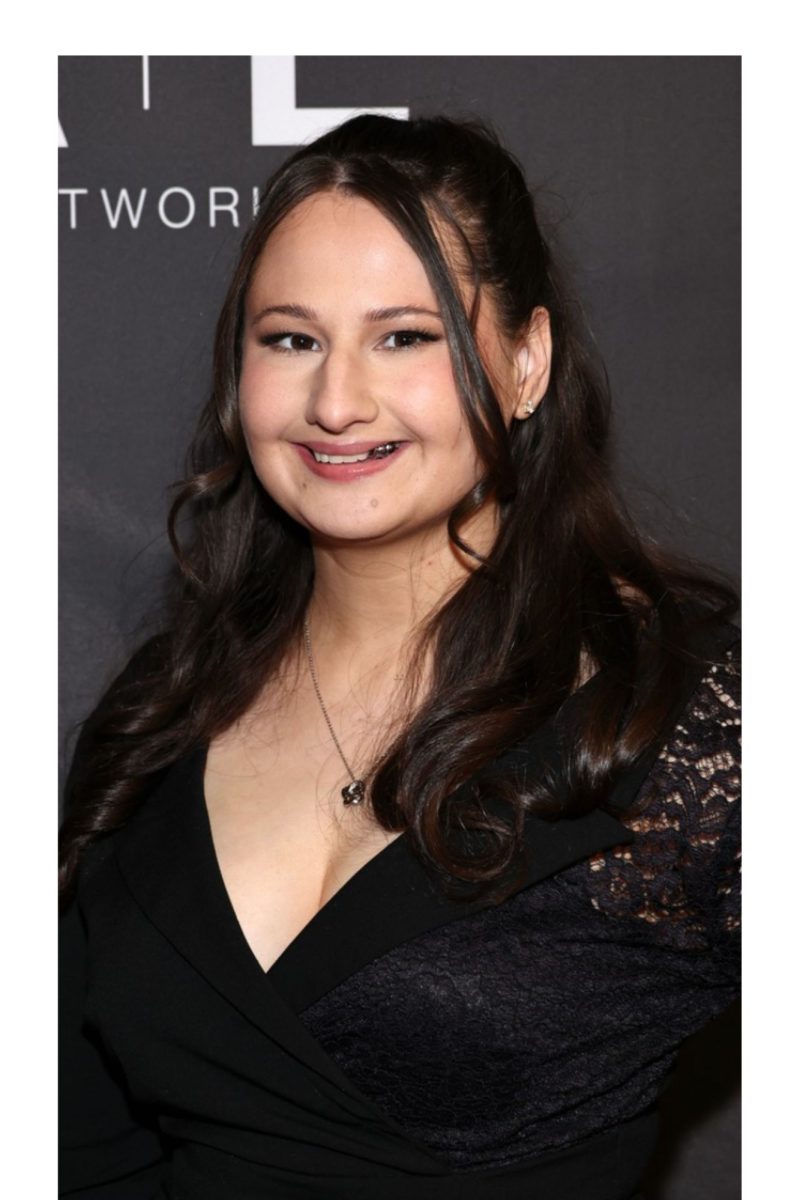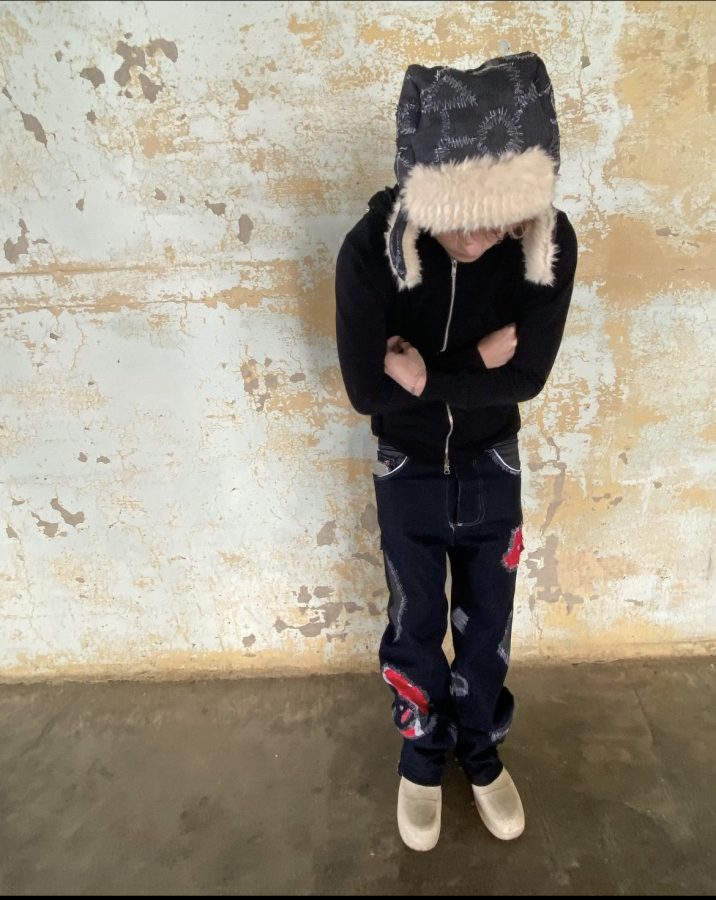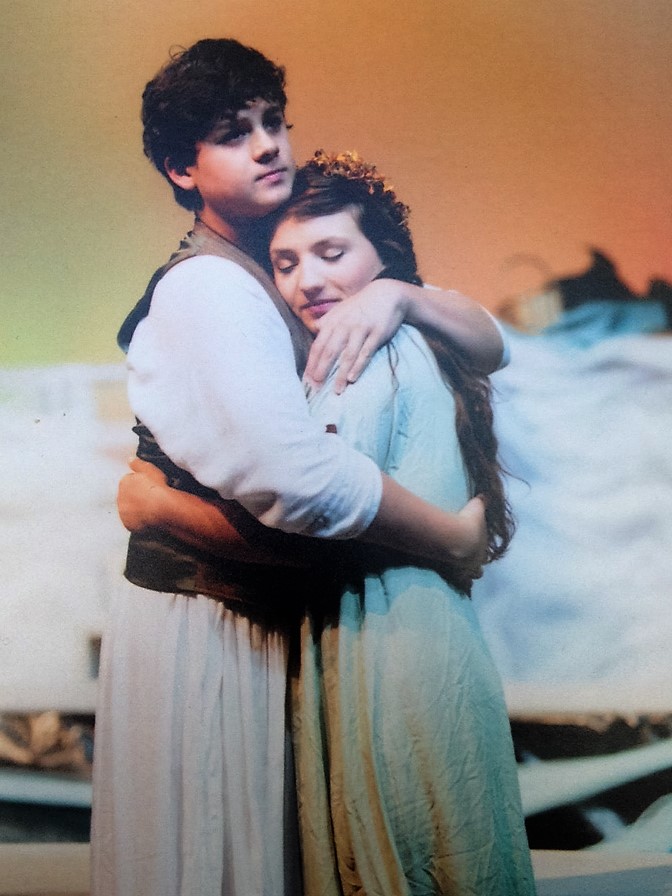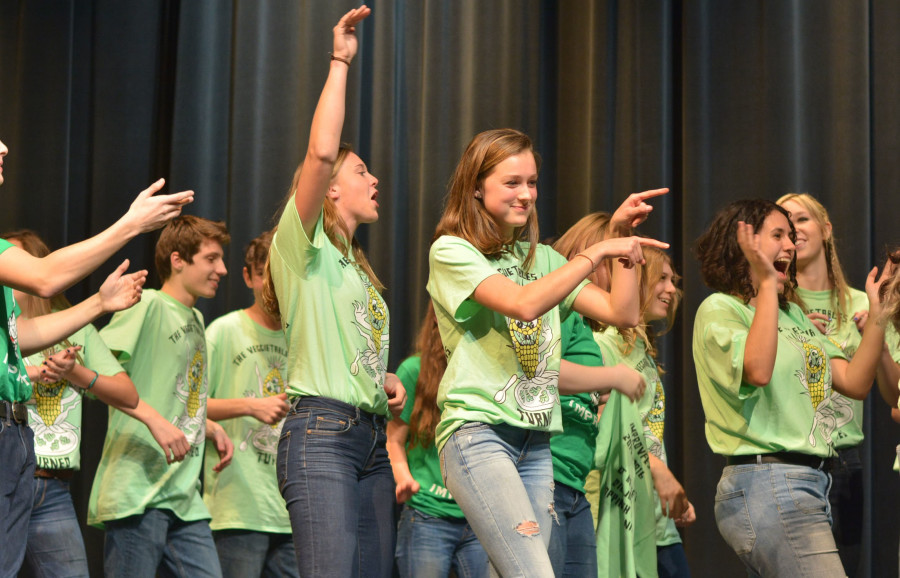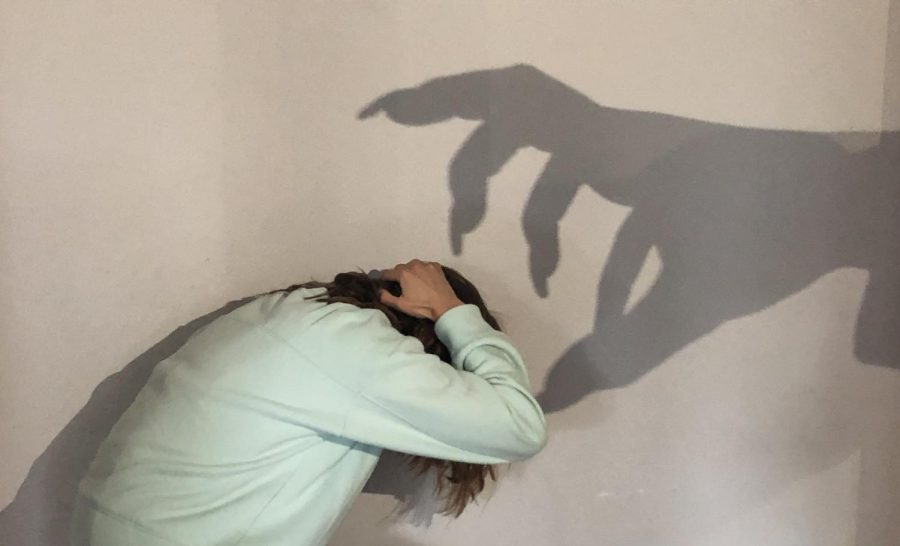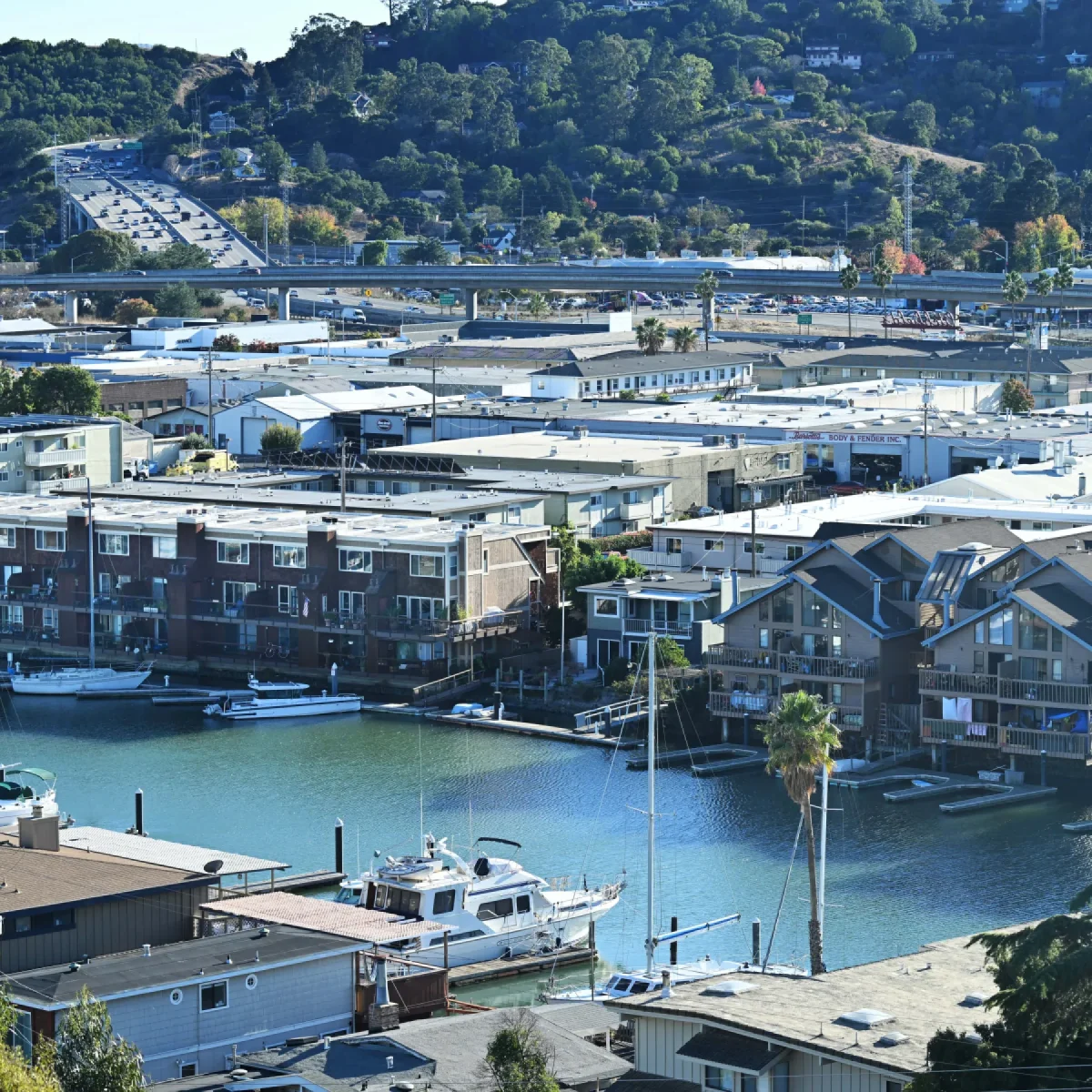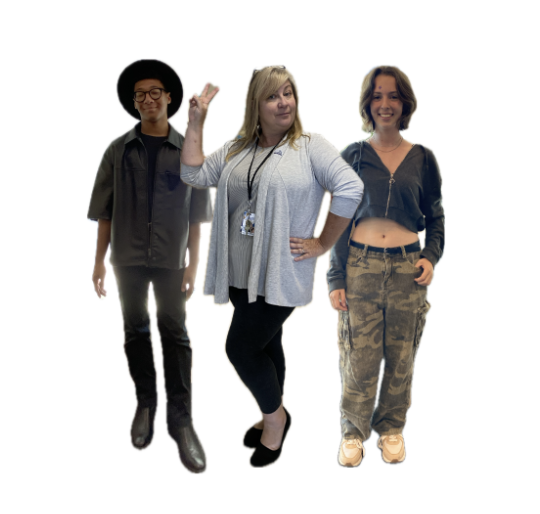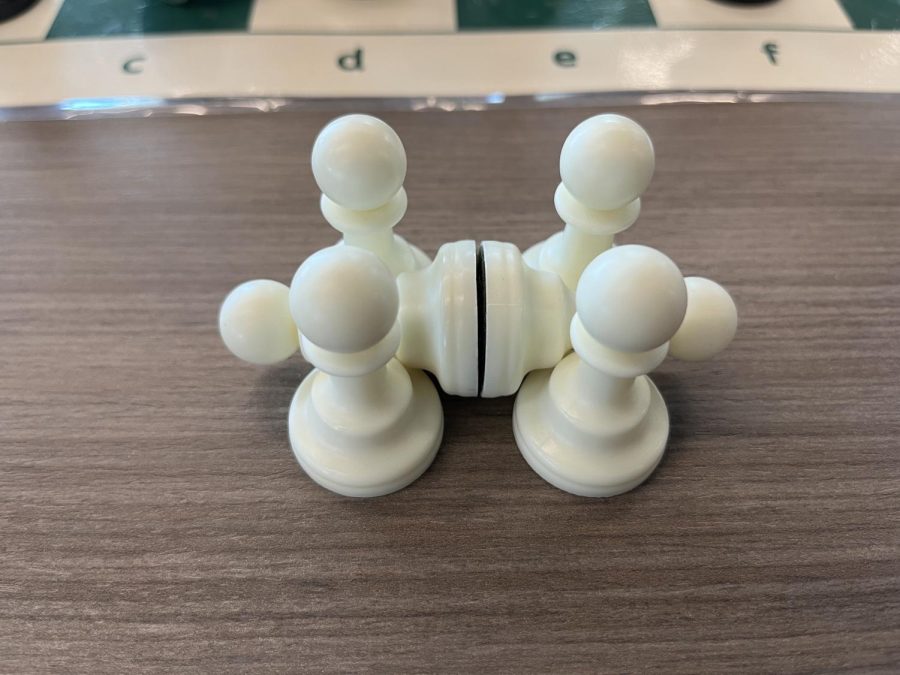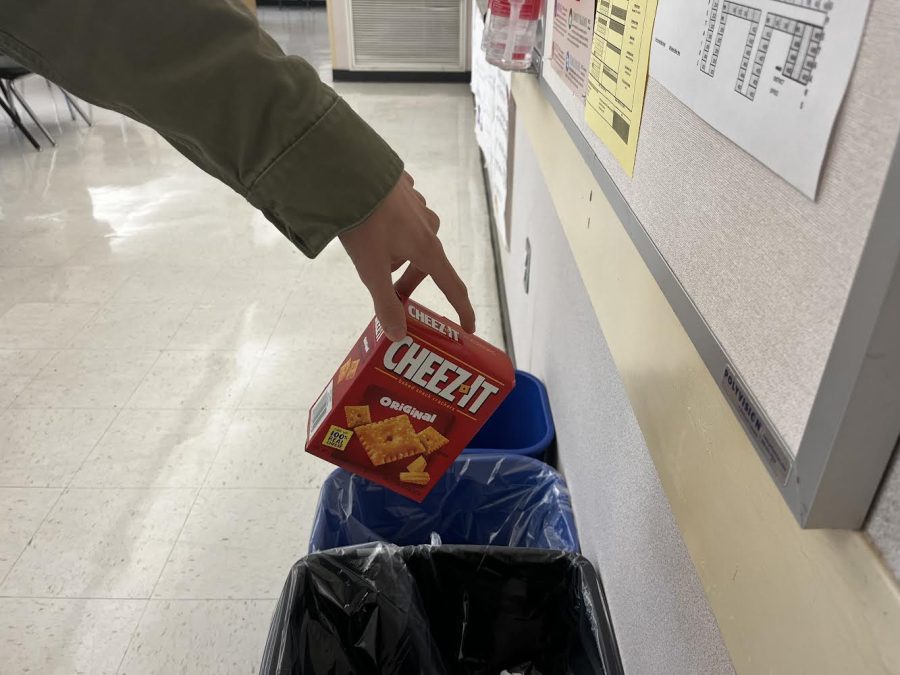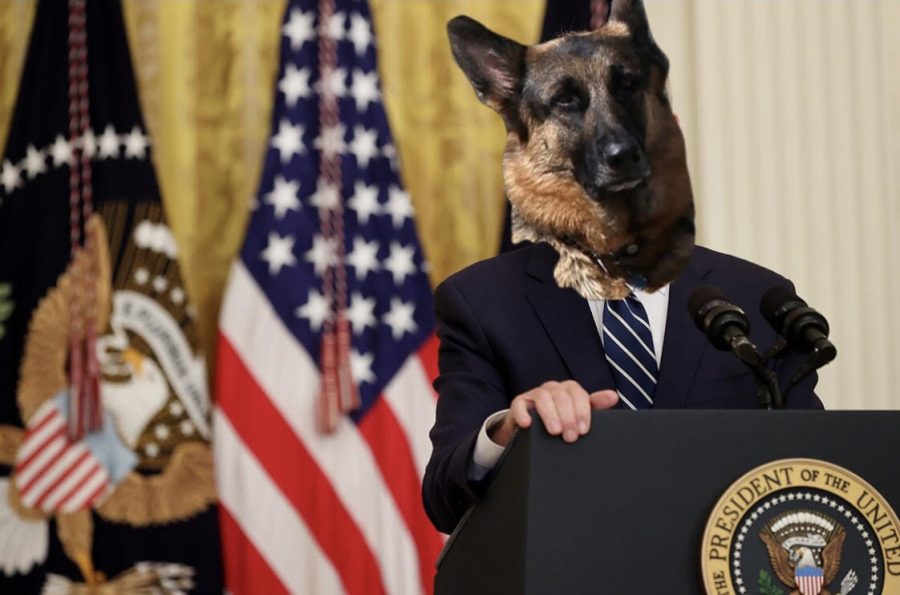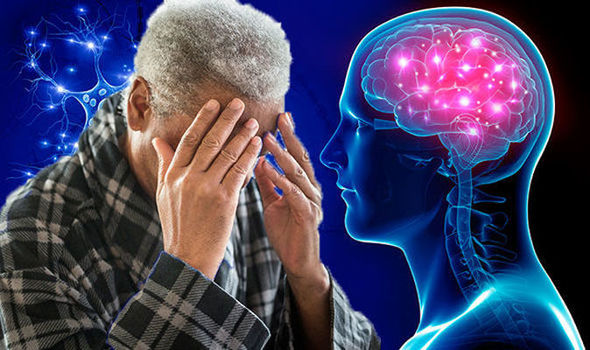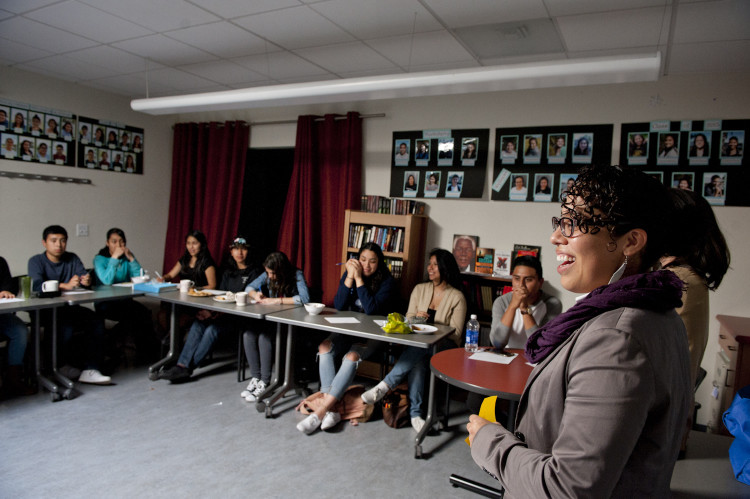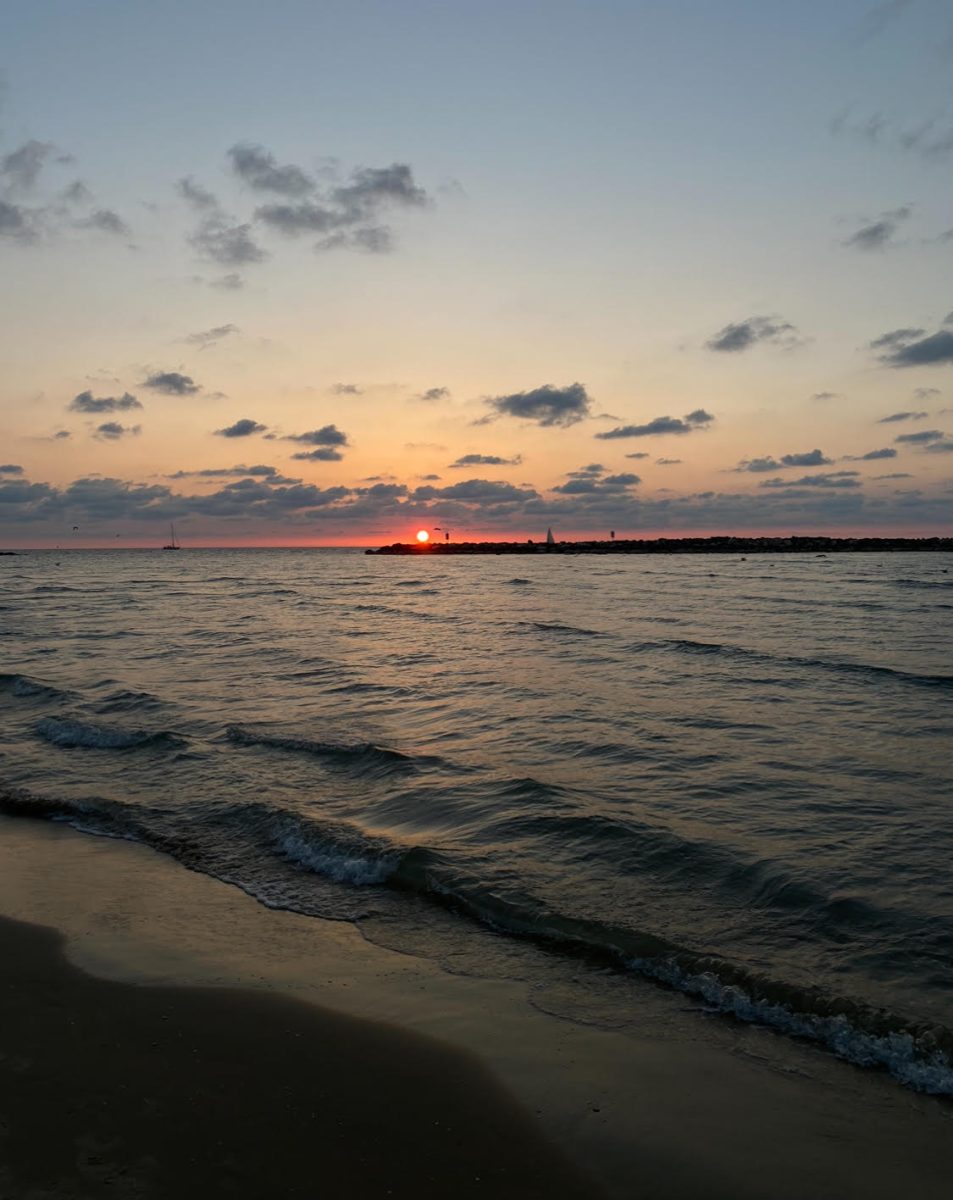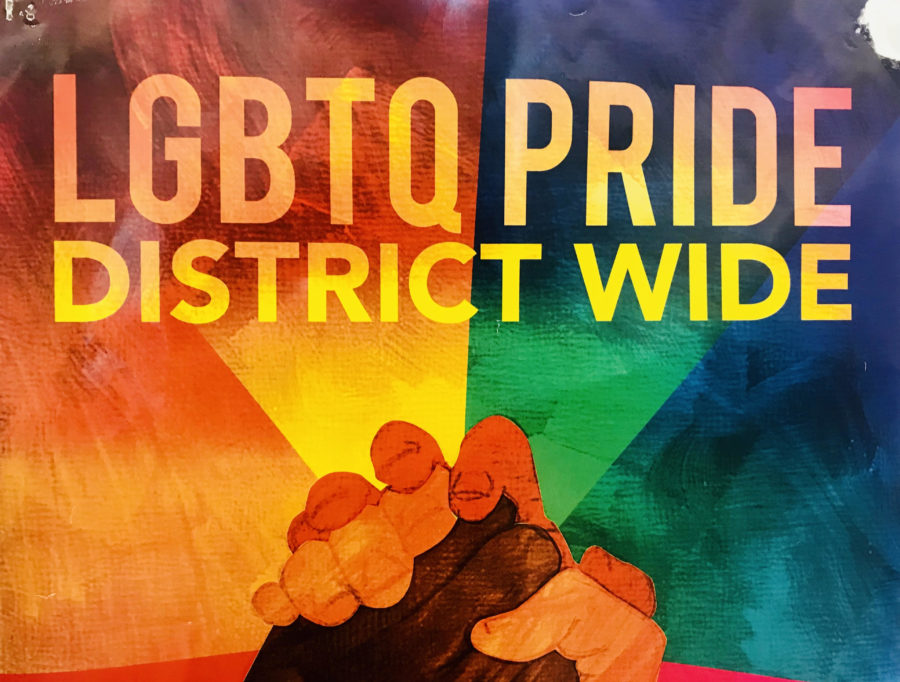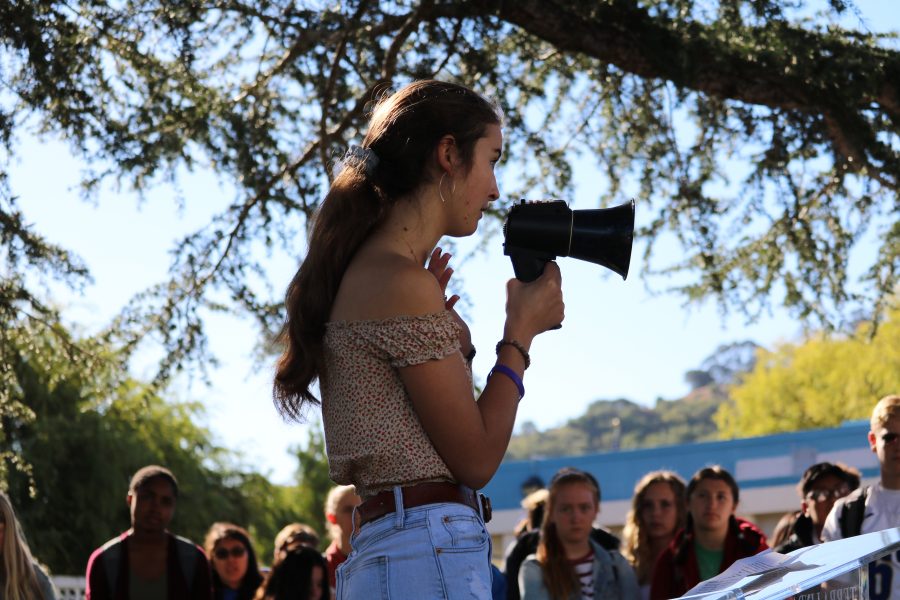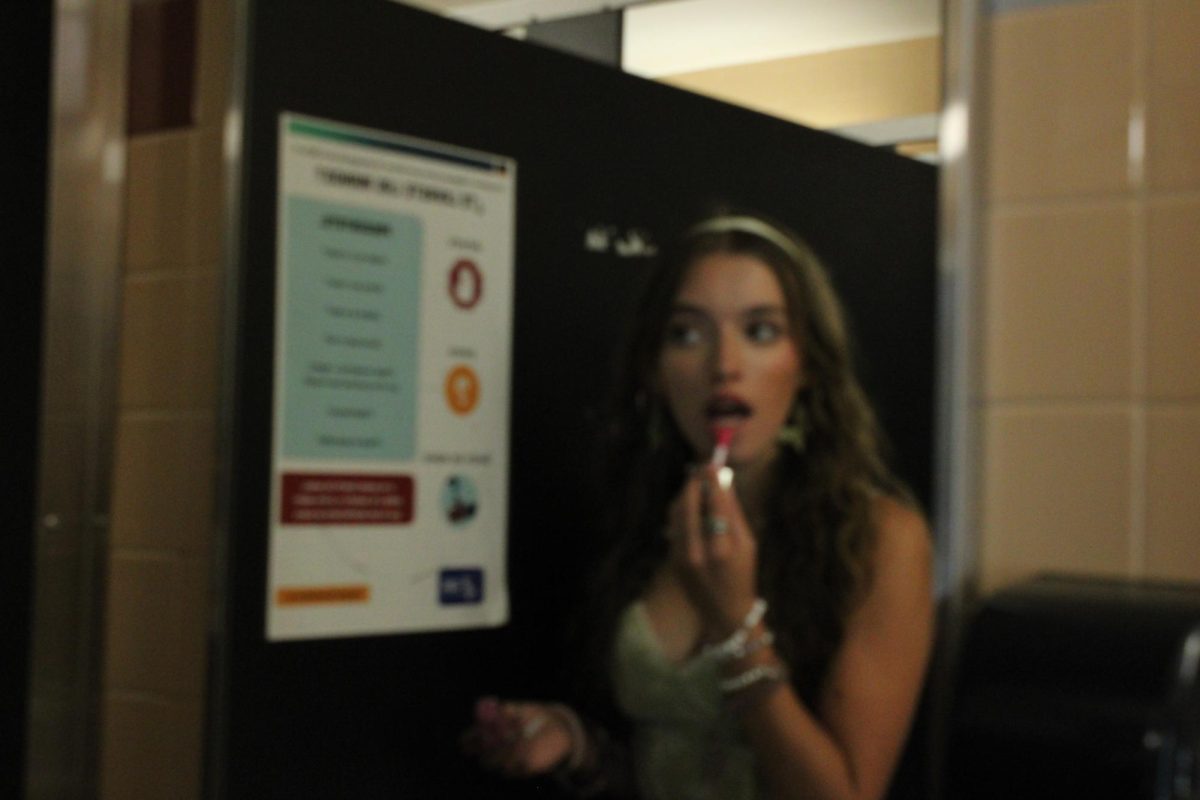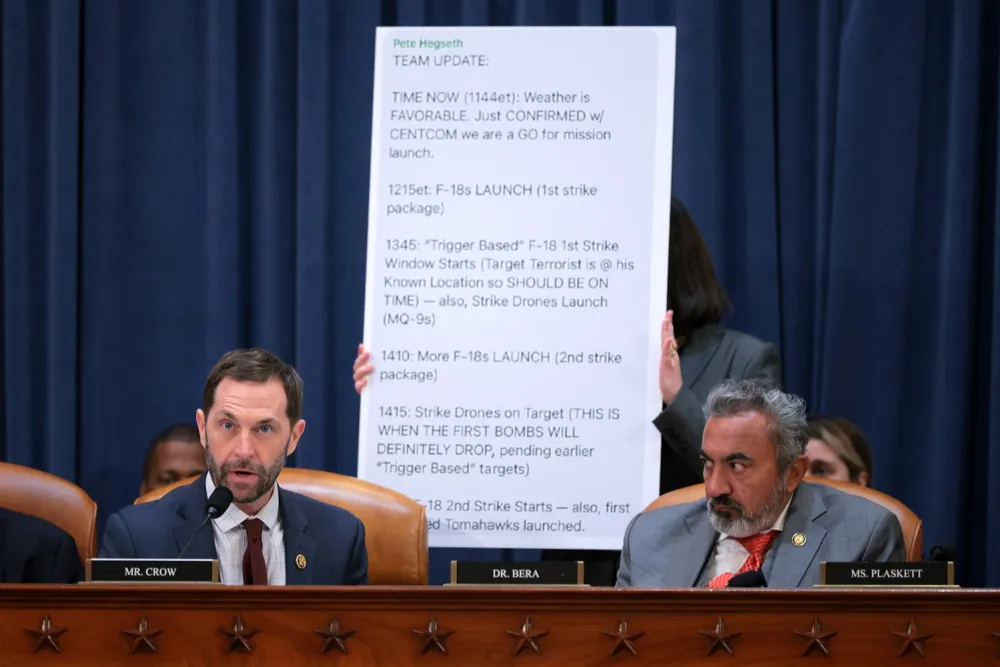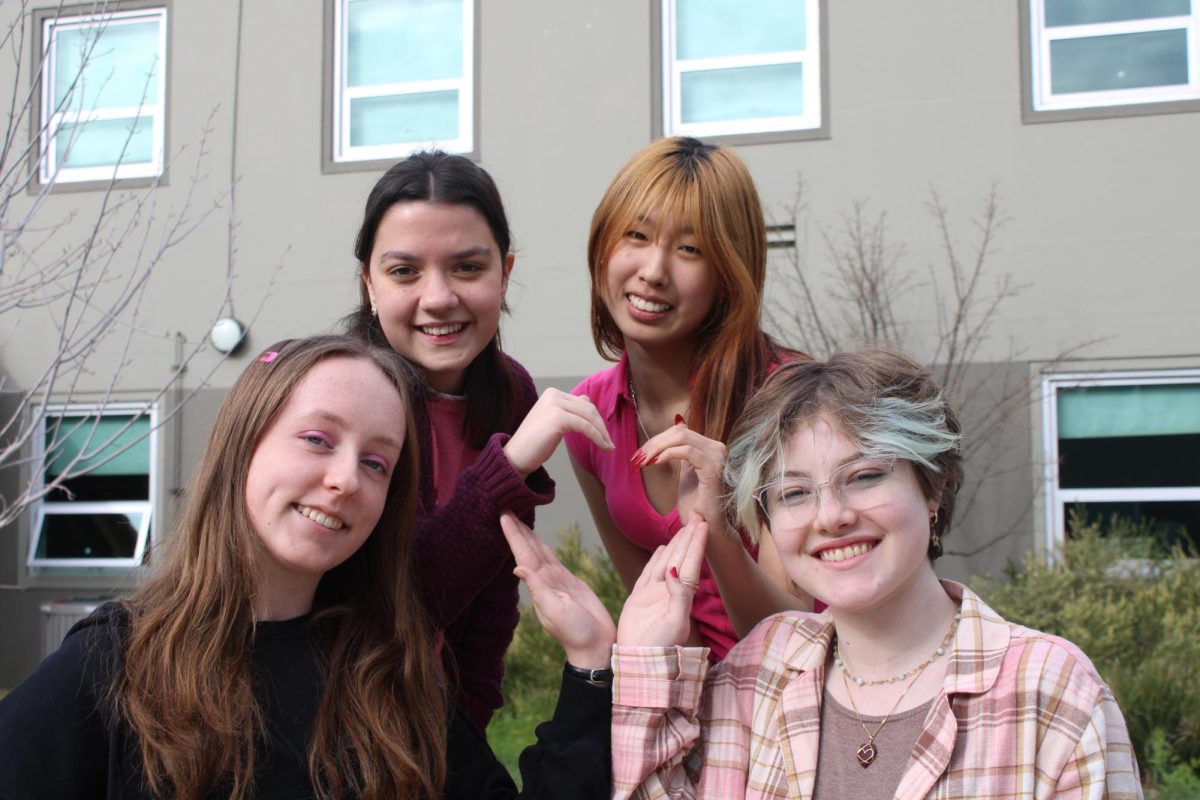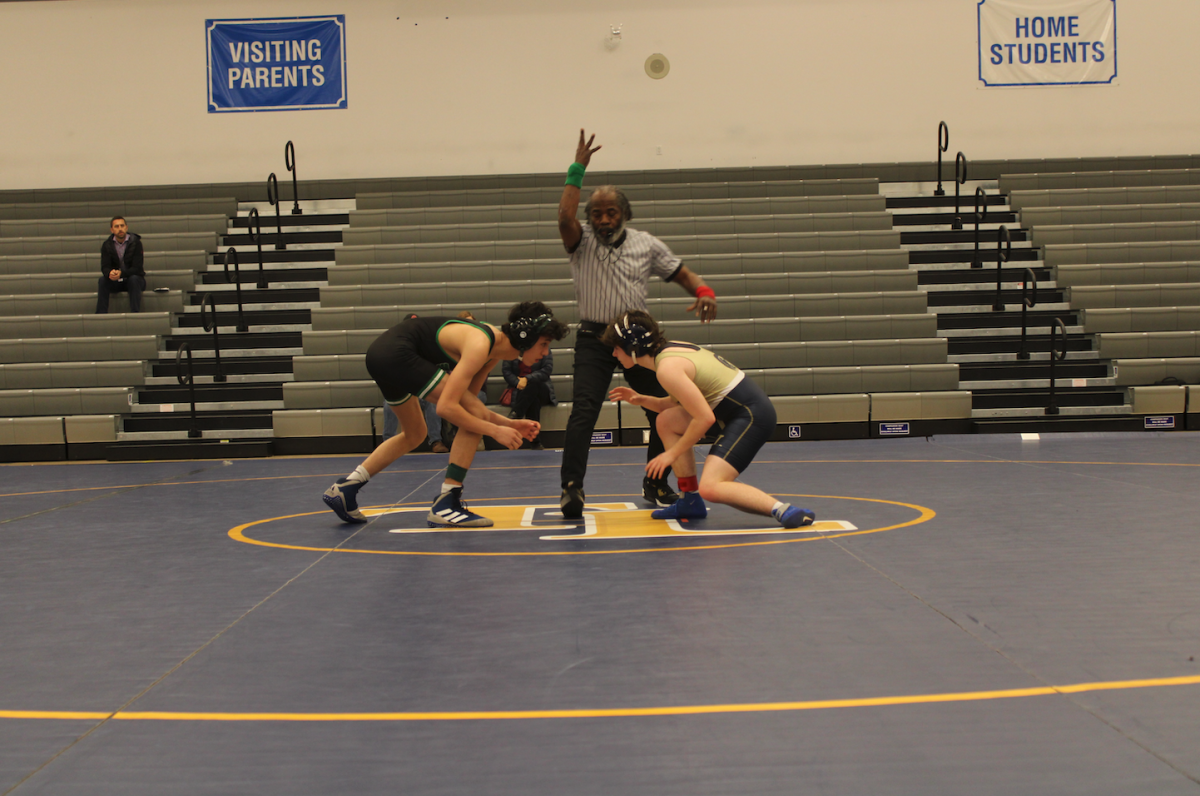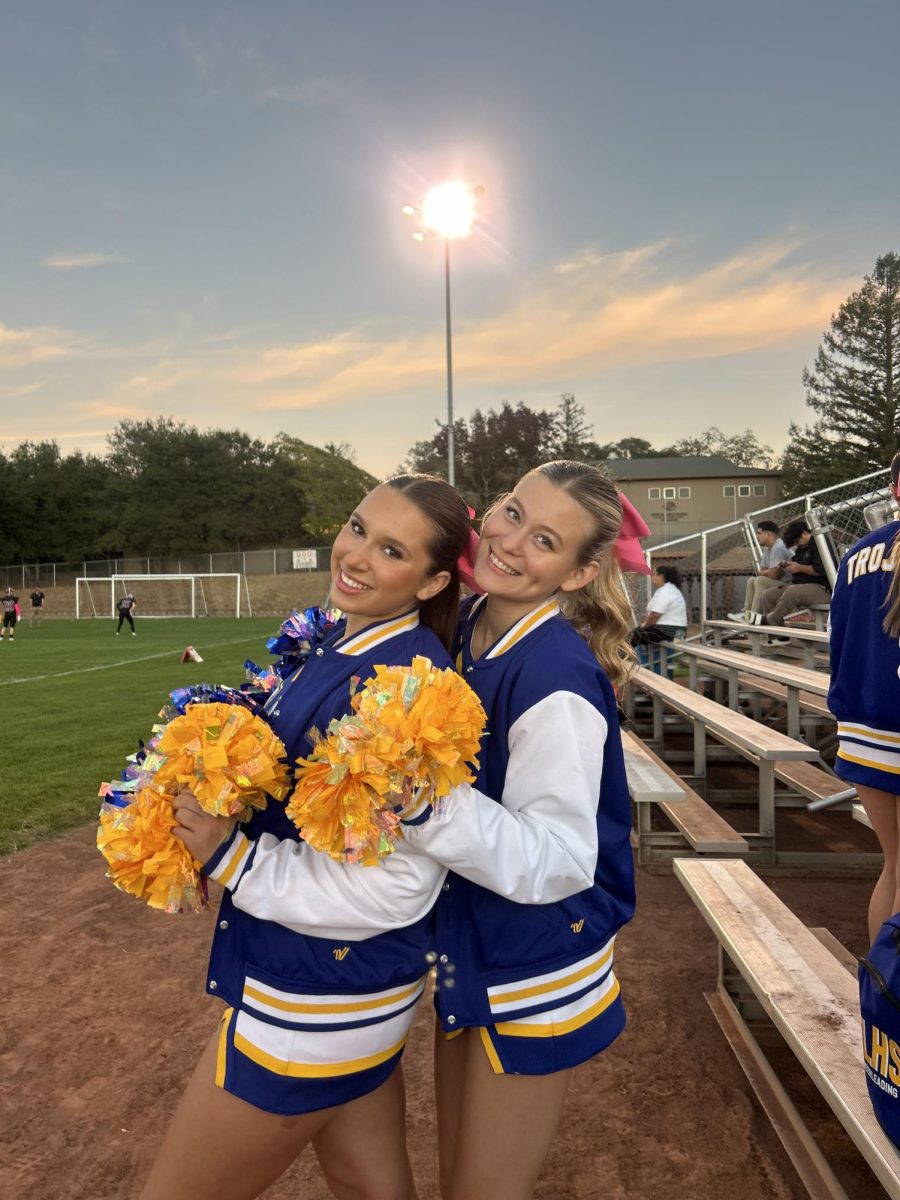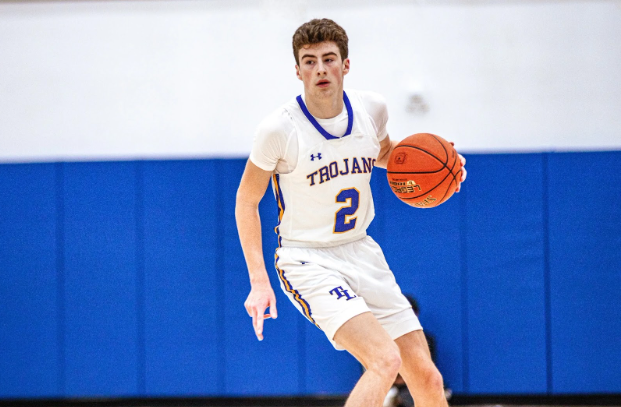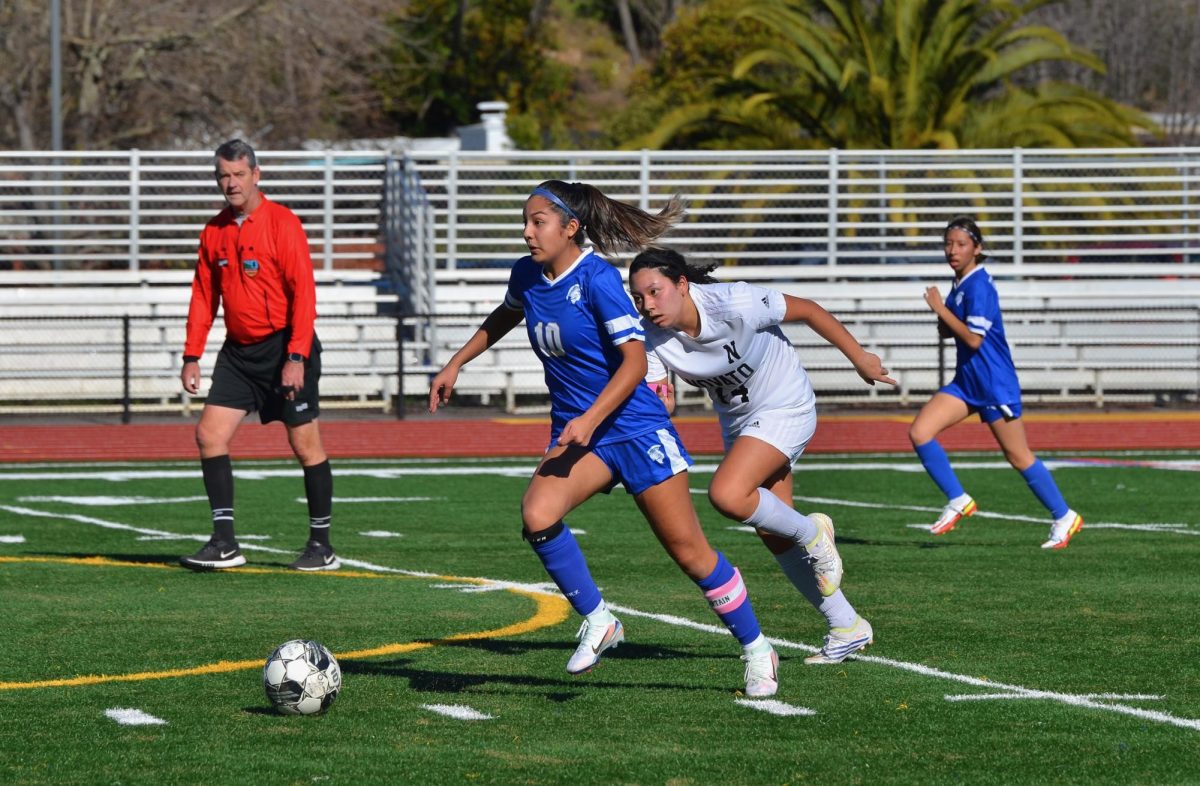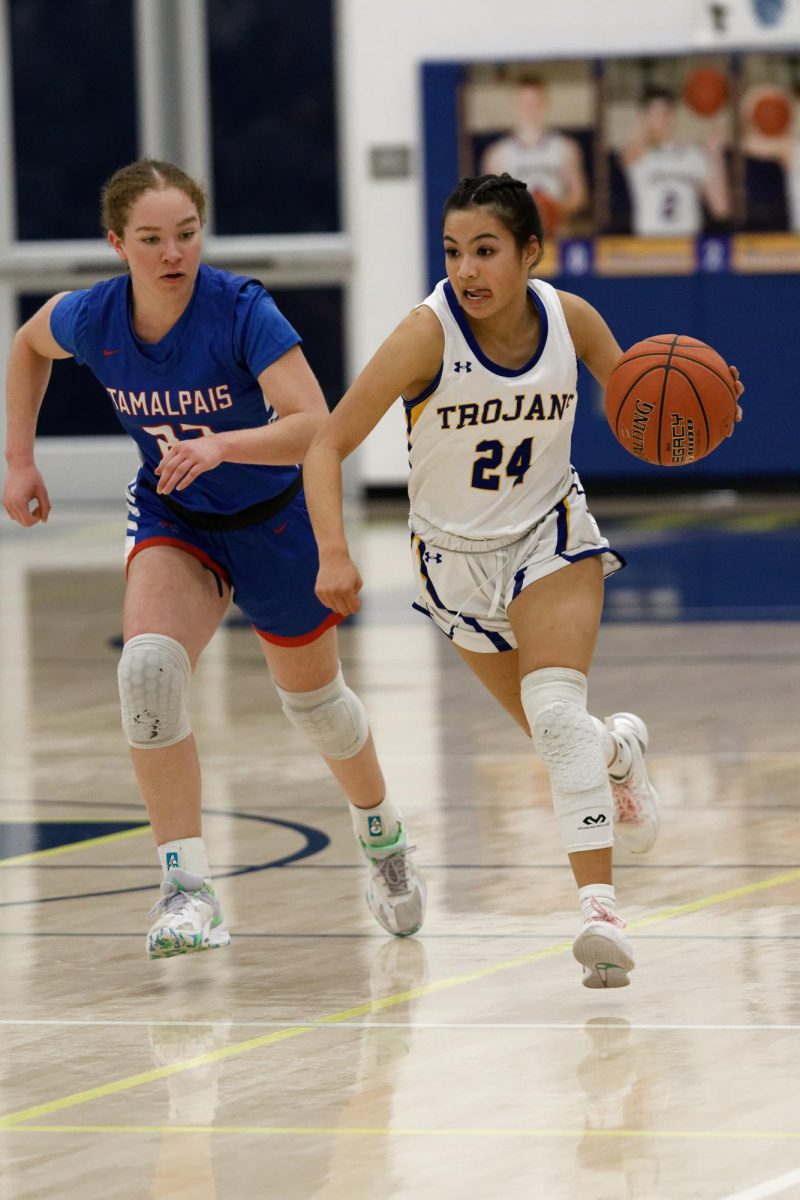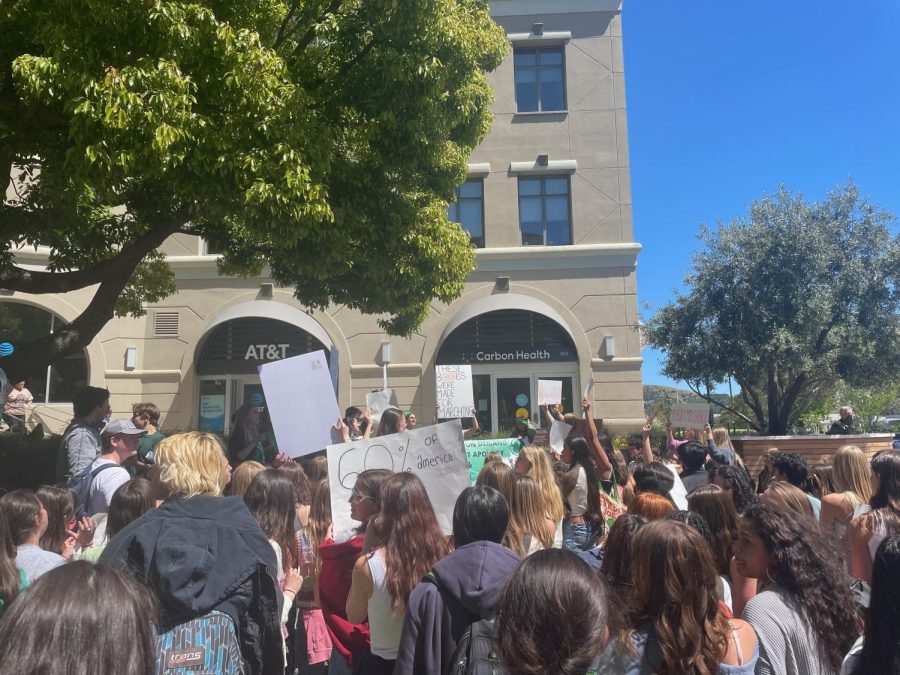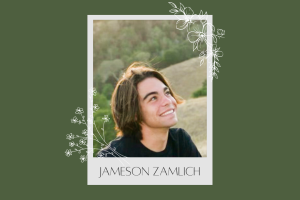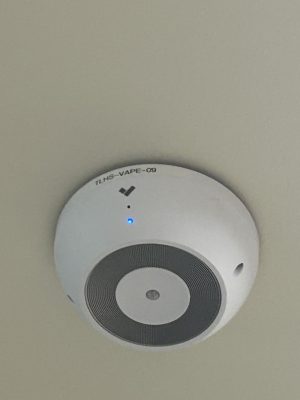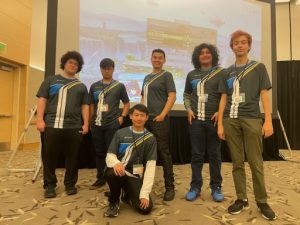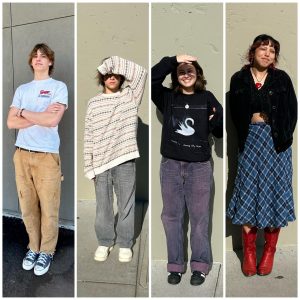SCOTUS Draft Overturning Roe v. Wade Draws Split Opinions
May 13, 2022
Earlier last week, an unidentified source leaked the U.S. Supreme Court’s decision to overturn Roe v. Wade. Soon after, Chief Justice John Roberts confirmed the draft to be true and announced that the leak is currently under internal investigation.
Roe v. Wade, decided in January 1973, establishes the constitutional right to an abortion. When the Supreme Court rules against Roe v. Wade, it will be up to each individual state to either protect or limit abortion access. Some Republican states have “trigger” laws in place, already proving interest in banning abortion access entirely.
The leak is creating an uproar across the United States. Younger voters have never lived in a time without the establishment of constitutional protection of abortion. Now that reproductive rights are being questioned, we are hearing a lot from the younger generations.
Terra Linda students are no different, they have a lot to say on rights they never thought would be in jeopardy.
Many Terra Linda students feel more empowered to share their beliefs about this decision than they might with other political matters. Terra Linda junior Kira Rodriguez, explains, “these are laws that really do affect you as a person and your life.”
Terra Linda’s student body offered a wide variety of opinions on this topic, and students’ beliefs are not all the same.
Annie Sung, a Terra Linda sophomore stated, “I believe that abortion is irresponsible and unfair to the unborn child. I believe that a fetus is a human body. It’s a clump of cells, but it’s a human clump of living/growing cells with a heartbeat within 4 weeks. It’s no longer ‘my body, my choice, but two bodies.”
TL junior Sarah Mondesir declares, “they’re [politicians] not making sure that the woman is being well taken care of. Just trying to stop women from making their own choices.”
A significant number of students feel that the Roe v. Wade decision is less related to the actual well-being of the child and mother, and more a political matter as well as a way to have a say over women’s bodies. “If you’re going to ban abortion, then you have to make sure the stigma of teenage pregnancy is removed, make sure you support those teenagers and make sure you support all women who get pregnant, make sure you actually hold the people who impregnate the women accountable for child support,” Sarah adds. Terra Linda senior Jasper Hodge states, “I don’t really understand why people think it’s fair to make decisions for other people.”
Another aspect of this case that students are expressing opinions about is the fact that abortion access will most likely become unequal throughout different states. Since we live in California, the majority of students do not feel worried about their future reproductive rights. However, students are still expressing worry for those living in other places.
Terra Linda junior Sajiv Kumar states, “it disproportionately affects people in poverty, all the upper-class women are going to be able to go to other states to have an abortion… But anybody in more difficult life scenarios are not going to have access to this.”
Additionally, students are talking about the idea of legally-protected abortion vs. illegal, unsafe abortions. Kumar makes the point that “it’s not going to stop abortions it just going to make them much more unsafe and increase the death rate from those procedures when they are done without legal support.” Throughout history, we have seen instances where women have died, or become really ill because of dangerous abortions when they were not legally accessible. Annie Sung offers a different opinion, “I believe that if the abortion is so highly needed, why did the person have sex anyway? If the risk was there and you took the risk, then you should acknowledge it and take responsibility.”
It’s also important to understand that not everyone is either completely pro-choice or pro-life. Senior Faith Coleman shares, “I do think you are killing a potential life, but I also think it doesn’t matter what I think because her body is not my body and her choice is not my choice to make.”
Ultimately this is a very complex issue, and many students do not feel that they know enough to make a full-formed opinion. Terra Linda sophomore Derek Newhall shares that he’s, “never heard of it [Roe v. Wade].” There is a strong consensus among the students that we should be learning more about these topics in school. Sam Frack, a TL sophomore, feels that “we should definitely learn a lot more about it in school.”
Senior Joy Gilbert remarks, “to be completely honest, I don’t really express opinions when it comes to politics because I know that what I say doesn’t really matter.”
Because students don’t get to vote, they are even more susceptible to the feeling of powerlessness when it comes to government and politics. Despite this expected feeling, Kumar believes, “people do have the power to band together when expressing political opinions and make change happen, so opinions do matter.”
Students should continue to feel empowered to voice their opinions, and recognize the impact they can have. A former SRCS teacher, Maggie Dawes, advises, “I want to tell kids: I understand you might be feeling helpless, or thinking ‘What could I do to that makes a difference?’ But you know many of us have been doing this our whole lives and we need others to pick up the torch.”

